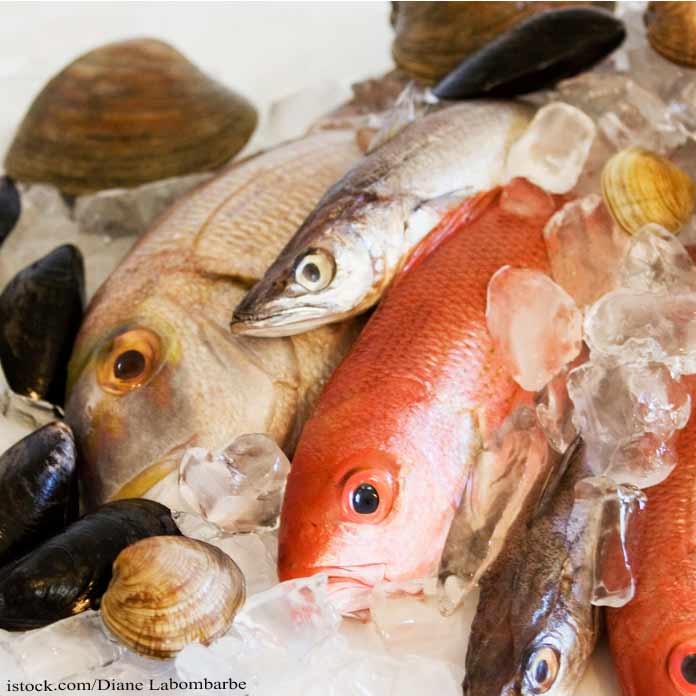A new report from Oceana, an international ocean conservation advocacy group, found one in five, about 20%, of all seafood was mislabeled. Mislabeling means that consumers are purchasing and eating fish that is not the type of fish they think it is. The report was based over 200 studies from 55 different countries totaling over 25,000 samples of seafood sold globally. In the US, 58% of the fish found to be mislabeled could cause serious health complications to consumer.
Globally, the most common mislabeling is Asian catfish which is sold as of other types of higher value fish. And within the U.S. red snapper is the most commonly defrauded fish. Frequently, what is sold as red snapper is actually Tilefish, which is on the FDA’s do not eat list for pregnant women due to high mercury levels. For help visualizing the scope of the problem check out this interactive map from Oceana depicting the most common fraudulent fish in each country.
Why is it a problem?
- Seafood sold fraudulently does not undergo the same toxin and allergen screening as regulated seafood. Certain types of seafood is supposed to be screened for toxins and allergens. If the product is mislabeled screening does not necessarily occur, which can be very dangerous to people with severe allergies.
- Certain types of fish harvested in warm waters are prone to a foodborne illness called Ciguatera poisoning. Ciguatera is a toxin produced by micro algae called Gambierdiscus toxicus. It does not change the texture, aroma, flavor, or appearance of the fish and it cannot be destroyed by cooking. The toxin can also survive a trip through the freezer. To learn more about Ciguatera poisoning follow this link.
- Dangerous to pregnant women. As mentioned before mislabeled fish and seafood can contain elevated mercury levels. When Tilefish is sold as red snapper it can be dangerous to pregnant women. Because mercury can accumulate in the bloodstream for up to a year the FDA recommends women trying to become pregnant should also avoid certain types of fish.
- In the Oceana report many endangered species of fish were being sold illegally, like whales.
- Fish trade is a global economic practice, and fraudulent fish labeling undercuts legal fish catchers. Kimberly Warner a scientist of the Oceana report explains, “ [mislabeling] everyone in the supply chain who is playing by the rules. The person going through the effort to catch fish legally and label correctly is undercut by the fraudulent practices.”
What can I do to combat mislabeling?
Advocacy and ask questions. President Obama has made a commitment to addressing seafood fraud, and has proposed a law that would require more traceability for 13 types of seafood that are at a particularly higher risk for fraud. Oceana recommends asking grocers and restaurants more questions about where their food originates. Some have traceable fish they are able to provide if consumers ask. If you are pregnant and choose to eat seafood be aware of potential mislabeling. Also if you have severe allergies exercise caution when consuming fish.
If you are exposed to a foodborne illness, like Ciguatera poisoning, as a result of consuming mislabeled fish contact our law firm to talk to one of our experienced food safety attorneys.
